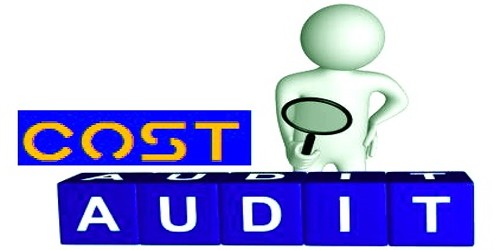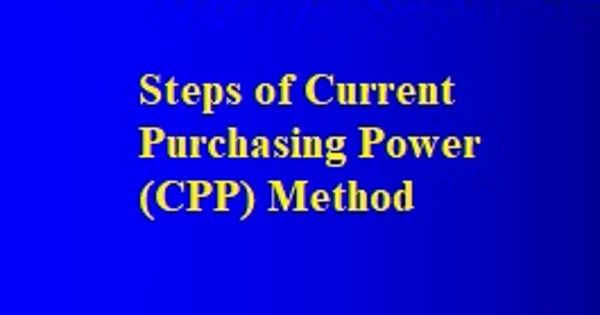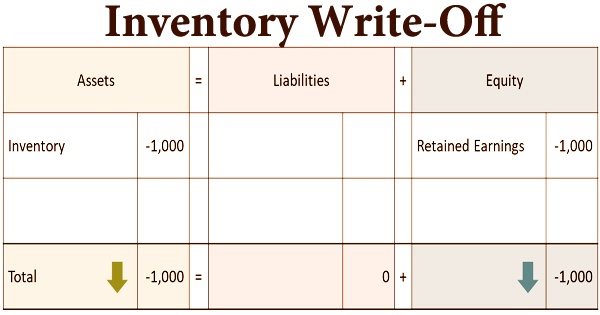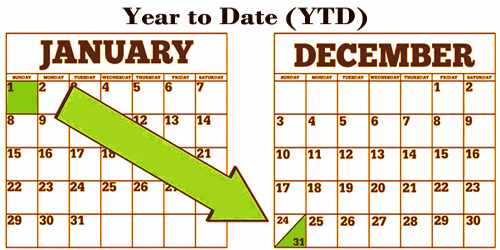Cost Audit represents the verification of cost accounts and checks on the adherence to cost accounting plan. It’s objective is to detect errors and prevent frauds and possible misappropriation. The function of this audit is to ensure management the accuracy of cost accounts.
Advantages of Cost Audit to the Government
- Cost audit assists the ‘Tariff Board’ in deciding whether tariff protection should be extended to a particular industry or not. It assists the Tariff Board to consider the extension or removal of protection.
- It helps in fixing contract price in the cost-plus contract. It helps in fixing prices in the case of essential commodities and checking undue profiteering. It facilitates settlement of trade disputes of the companies.
- It can reveal the fraudulent intentions of the management. It helps in the identification of sick units and enables the Government to make significant decisions. Cost statements may be helpful to authorities in imposing tax or duty at the cc of finished products.
- It helps to ascertain whether any particular industry should be given any subsidy in order to develop that industry. It helps the government to take necessary measures to improve the efficiency of sick industrial units.
- It ensures the well-organized functioning of the industry. This, in turn, nurtures a healthy competition among the different companies and paves a path for fast progress.
- Cost audit helps the government to take necessary measures to improve the efficiency of sick industrial units. It enables to make decisions as to granting of subsidies, incentives and safeguard to various industries.
- It provides reliable data to the government for fixing up the setting prices of the various commodities. It determines whether differential pricing within the industry is desirable.
- Cost audit facilitates the settlement of trade disputes of the companies. It imposes an automatic check on inflation.
Cost audit can reveal the fraudulent intentions of the management. Cost statements may be helpful to authorities in imposing tax or duty at the cost of finished products. It helps to take decisions as to levies, duties, and taxes.
Information Source:
















